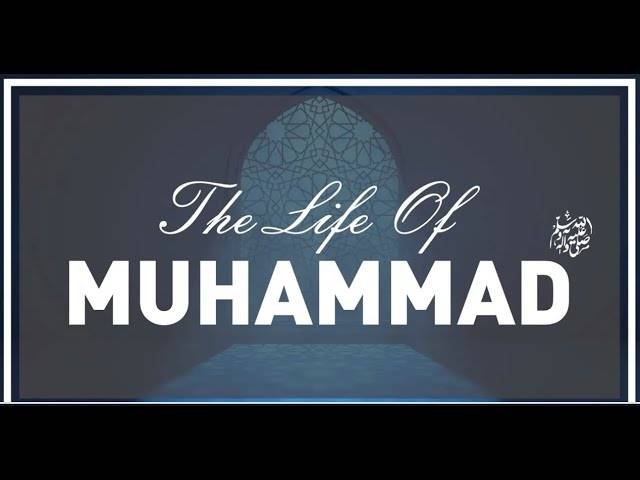Prophet Muhammad, S.A.W, was born in 570 CE in Mecca. To Muslims, he is the last prophet sent by God to guide humanity. His ancestry goes back to the Quraysh tribe and more narrowly to the family of Abdul Muttalib. Orphaned early in his life, he was brought up first by his grandfather and then by his uncle Abu Talib.
One distinguishing feature was found in the early life of Muhammad: he gained the nickname of Al-Amin, which means "the trustworthy." Muhammad had worked as a merchant and is said to have conducted his business honestly. Muhammad, aged 25, married Khadijah, a rich widow who gave him financial stability and
emotional support.
It was in this period, when he was meditating in the Cave of Hira at the age of 40 years, that Muhammad received his first revelation from the Angel Gabriel. In fact, this very incident marked the beginning of his prophethood. The revelations continued to pour in for a period of 23 continuous years, till his death, after which they were compiled into the holy book known as the Qur'an. His message was one of monotheism, social justice, compassion, and moral integrity-testing the most predominate polytheist practices in Mecca.
At first, Muhammad was vigorously opposed by the leaders of the Quraysh, since they saw his teachings as undermining their control and financial interests tied to the Kaaba. Nonetheless, he gained a few but dedicated adherents in the face of persecution. In 622 CE, in the face of increasing hostility, he and his adherents emigrated to Yathrib, later to be called Medina, in an event called the Hijra; this event is considered the beginning of the Islamic calendar.
In Medina, Muhammad formed a community of people that would follow his rules of living according to the Koran. By forming this, Muhammad made a constitution and allowed religious freedom, making all tribes live together without prior difficulties and respecting one another. The next several years, the conflicts with the Quraysh would ensue into battles, most notably Badr, Uhud, and the Battle of the Trench. In 630 CE, Muhammad and his followers conquered Mecca without bloodshed and cleansed the Kaaba of its idols; it became the focal point of Islamic worship.
Prophet Muhammad died in Medina in 632 CE. To billions of Muslims around the world, his sayings and actions summarized into the Sunnah remain a guiding principle, hence earning him his status as one of the most important persons in history.




No comments yet
Be the first to share your thoughts!